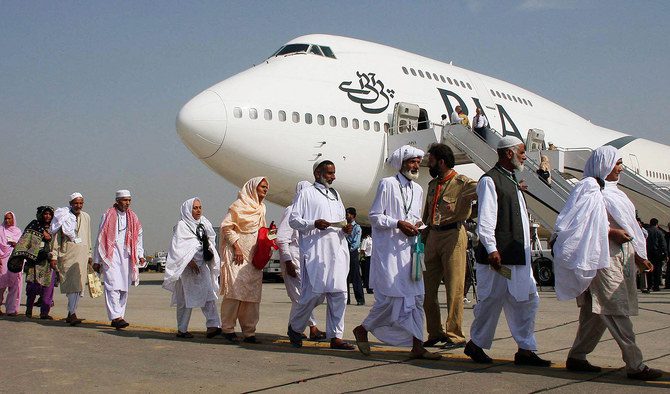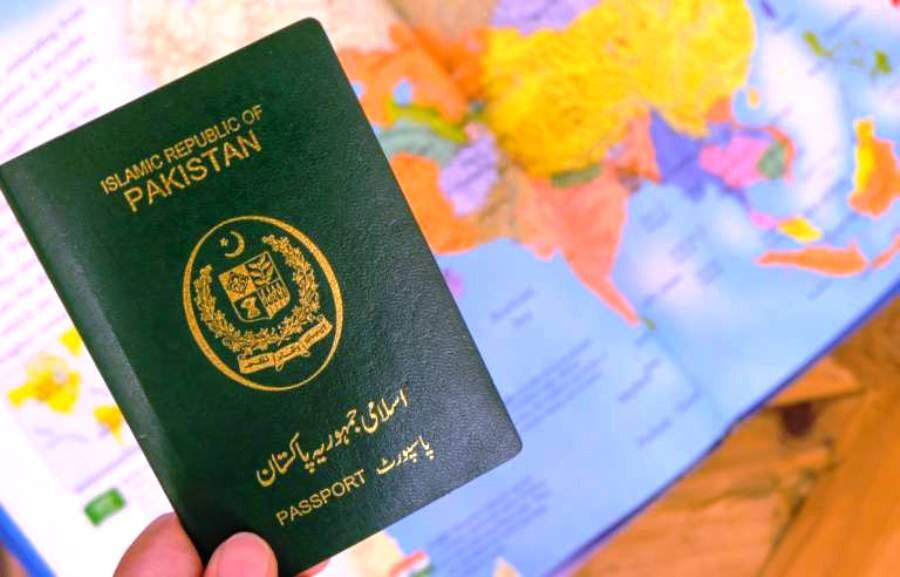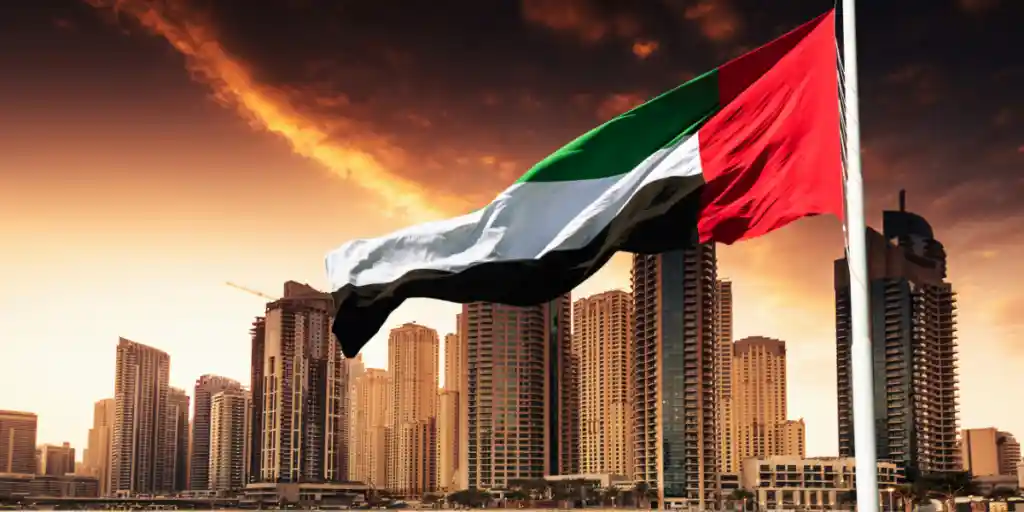Tragic Bus crash in Iran kills at least 28 Pakistani pilgrims travelling to Iraq
In a heartbreaking incident, at least 28 Pakistani pilgrims lost their lives in a bus crash in central Iran as they were traveling to the holy city of Karbala in Iraq for the Arbaeen pilgrimage. The accident, which occurred late Tuesday in the Yazd province, has left 23 others injured, with seven in critical condition. This tragedy underscores the risks associated with long-distance travel during major religious events and raises critical questions about vehicle safety standards, particularly in regions where millions of pilgrims undertake such journeys annually.
The Tragic Incident: What Happened?
According to Iranian state media, the bus was carrying 53 passengers, all Pakistani pilgrims, when it overturned in the central province of Yazd. The passengers were en route to Karbala, Iraq, to participate in the Arbaeen pilgrimage, a significant religious observance in Shia Islam. Preliminary investigations by the traffic police in Yazd have attributed the accident to a defective braking system in the vehicle. The technical failure caused the driver to lose control of the bus, leading to the tragic crash that claimed the lives of 28 people, including 11 women and 17 men.
The accident occurred during a period when millions of Shia Muslims from around the world are traveling to Iraq to observe Arbaeen. This pilgrimage marks the 40th day of mourning for Imam Hussein, the grandson of the Prophet Muhammad and son of Imam Ali, who was martyred in 680 AD on the plains of Karbala. The Arbaeen pilgrimage is one of the largest annual gatherings in the world, with millions of devotees walking vast distances, often across national borders, to reach Karbala.
Immediate Response and Aftermath
Following the crash, Iranian authorities quickly mobilized emergency response teams to the scene. Ali Malekzadeh, the crisis management director general of Yazd, provided updates on the situation, confirming the number of fatalities and injuries. He noted that of the 23 injured individuals, six had already been discharged from the hospital, while seven remained in critical condition. Malekzadeh emphasized the gravity of the situation and the ongoing efforts to provide medical care to the survivors.
The accident has cast a shadow over the Arbaeen pilgrimage, a time typically marked by deep spiritual reflection and communal solidarity among Shia Muslims. The loss of life has not only devastated the families of the victims but has also sent shockwaves through the broader community of pilgrims who undertake this journey each year. As news of the accident spread, it sparked an outpouring of grief and calls for greater safety measures to prevent such tragedies in the future.
The Challenges of Pilgrimage Travel
The journey to Karbala for the Arbaeen pilgrimage is one of deep religious significance, but it is also fraught with logistical and safety challenges. Pilgrims often travel long distances by road, passing through multiple countries to reach Iraq. In this case, the Pakistani pilgrims were driving through Iran, a common route for many from South Asia. However, the long hours on the road, combined with the sometimes inadequate infrastructure and vehicle maintenance, can make these journeys perilous.
The preliminary findings that a defective braking system caused the accident highlight the critical importance of vehicle safety in pilgrimage travel. Pilgrims often rely on third-party transport services, trusting that the vehicles are in good condition and that drivers are experienced in handling long, arduous journeys. Unfortunately, this trust can be misplaced, leading to tragic outcomes such as the one in Yazd.
The Broader Context: Arbaeen Pilgrimage and Its Significance
The Arbaeen pilgrimage is one of the most significant events in the Shia Muslim calendar. It commemorates the 40th day of mourning following Ashura, the day when Imam Hussein was martyred at the Battle of Karbala. Arbaeen is not only a time of personal reflection but also an expression of collective identity and religious commitment among Shia Muslims.
Every year, millions of pilgrims from around the world converge on Karbala to participate in the Arbaeen rituals. This massive gathering often exceeds 20 million people, making it one of the largest religious gatherings globally. The pilgrimage symbolizes the enduring legacy of Imam Hussein’s stand for justice and truth, and it serves as a reminder of the values that define Shia Islam.
However, the sheer scale of the pilgrimage presents numerous challenges, from managing the influx of people to ensuring their safety on the journey. The tragedy in Yazd is a stark reminder of the risks involved and the need for enhanced safety protocols, especially given the growing number of pilgrims each year.
The Need for Improved Safety Measures
The tragic bus crash in Yazd has reignited calls for improved safety measures for pilgrims traveling to religious sites, particularly during major events like Arbaeen. Given the volume of pilgrims and the often difficult travel conditions, there is an urgent need for regulatory oversight to ensure that vehicles used for such journeys meet stringent safety standards.
Authorities in countries that serve as transit points for pilgrims, such as Iran, Iraq, and Pakistan, must work together to establish and enforce these standards. Regular inspections of buses, mandatory safety checks before departure, and training for drivers on handling long-distance travel under challenging conditions are just a few of the steps that could help prevent future accidents.
Additionally, the introduction of support systems for pilgrims, such as emergency response units stationed along major pilgrimage routes and helplines for reporting unsafe travel conditions, could provide added layers of security. Pilgrimage organizers and local authorities must also collaborate closely to ensure that the infrastructure supporting these journeys is robust and capable of handling the large numbers of people who participate each year.
Conclusion
The bus crash in Yazd that claimed the lives of 28 Pakistani pilgrims is a tragic reminder of the dangers that can accompany religious pilgrimages. As millions of Shia Muslims continue to travel to Karbala for Arbaeen, the need for heightened safety measures has never been more apparent. While the pilgrimage itself is an act of deep spiritual significance, it is essential that the physical journey be made as safe as possible.
This Travel News Update serves as a call to action for governments, religious organizations, and transport providers to prioritize the safety and well-being of pilgrims. By doing so, they can honor the memory of those who have lost their lives and ensure that future pilgrims can undertake their journeys with peace of mind.
Source: Bus crash in Iran kills at least 28 Pakistani pilgrims travelling to Iraq
Subscribe Travel Tucker For More Updates:







